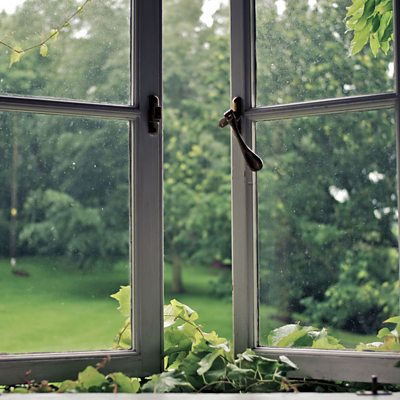Episode details

Available for over a year
Good morning. Is it illogical to think we have greater responsibility to care for our children than we do for our elderly parents? This issue was raised by care minister, David Mowat, when he addressed the local government select committee of MPs on Monday. He commented that nobody ever questions the fact that we look after our children; that’s just obvious. But, he wondered, maybe “we need to start thinking about how we deal with care of our own parents.” His words come at a time when many local councils face cuts and shortfalls in budgets that may seriously impinge on their ability to offer care for the elderly. Clearly, government will still have its share of responsibility, but, perhaps it’s time for a re-assessment of our obligations as the children of the senior population. Although the Hindu community is often praised for its family cohesion and multi-generation living, no community is impervious to creeping domestic fragmentation. The Hindu text Ramayan, however, stresses the point that we have amassed an incredibly huge debt to our parents for all the dedication, sacrifice and love they expended in raising us. Hinduism counts this debt of gratitude to our parents as one of the four vital obligations of human life. The others are to the world that sustains us, to our teachers and to God. And, then the Ramayan offers an answer to David Mowat’s question: why we might not realise this obvious obligation towards ageing parents? It says: “It’s irrational to think that a parent is always only a parent. They start as our protector. Then, as we grow, they evolve though being a disciplining commander, to a source of encouragement and guidance, to a transparent friend and finally to becoming a dependent elder. Holding on to a concept of our parents based on their past roles,” says the Ramayan, “is like trying to hang on to a speeding chariot.” The sixteenth century saint, Sri Caitanya, related a parable of a man who was told his family owned a great treasure left buried. When he asked where it could be found, he was told: Don’t dig in the South – you may find many worldly pleasures to enjoy there, but they will bite and cause you pain. Don’t dig in the West – because the intellectual ideas and amusements there will bewilder and confuse you. Don’t dig in the North; for there you may gain personal power and influence, but it will swallow you up in self-absorption. Dig in the East, he was advised, there you’ll discover the treasure of selfless devotion that will enrich your family with love - a fortune beyond the value of everything else that the world has to offer.
Programme Website